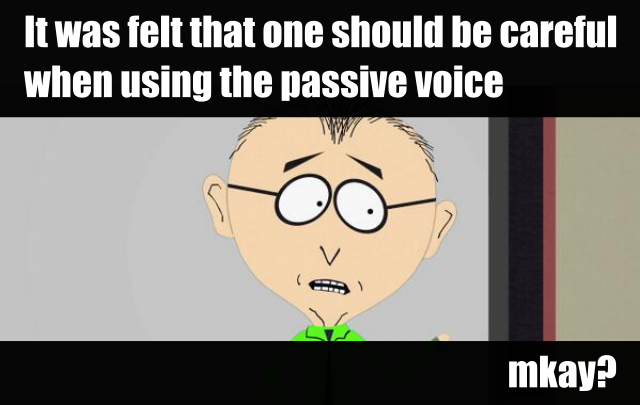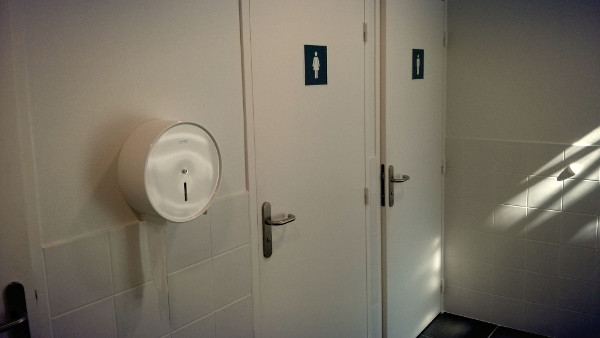Do you know the feeling of staring at an empty page? Cursor blinking. Coffee getting cold (but still drinking it). You kind of know what you want to write: you have an experiment, some data, and you have a fairly good idea of how your data relates to previous studies. But somehow the words don't appear.

It feels awful, that's how. And if you're a researcher struggling with a manuscript, you probably know the feeling.
Below are a few tips to just write. There's no magic bullet; but a few common-sense tips can help you to get over the worst of your writer's block. And for what it's worth: they work for me.
Here's a truth: everyone who writes occasionally gets stuck. As I was about to delete the previous sentence because it's ambiguous, I realized that it's doubly true. Because [ everyone who writes | occasionally gets stuck ]; that is, even writers who normally write easily sometimes have trouble getting their words on paper.
But [ everyone who writes occasionally | gets stuck ]; that is, if you don't write often, you'll get stuck for sure, and get stuck properly. A writer is like an engine that needs to keep running; otherwise she gets cold and rusty. Many researchers write only a few short papers a year, and that's not enough to keep the engine warm. Clearly, the best remedy is therefore to write more: more papers, blog posts, love letters—anything to keep the engine running. (WhatsApp, Facebook, and Twitter don't count though …



